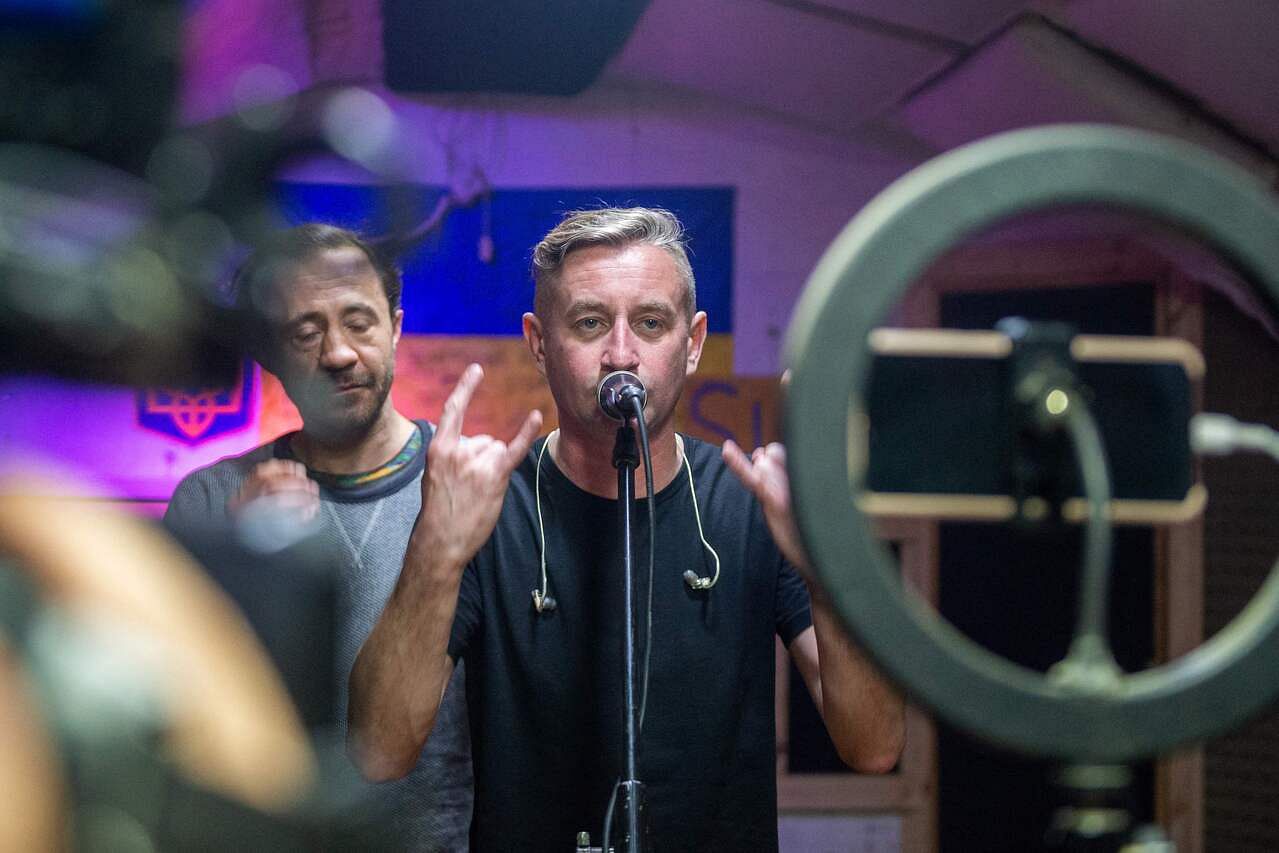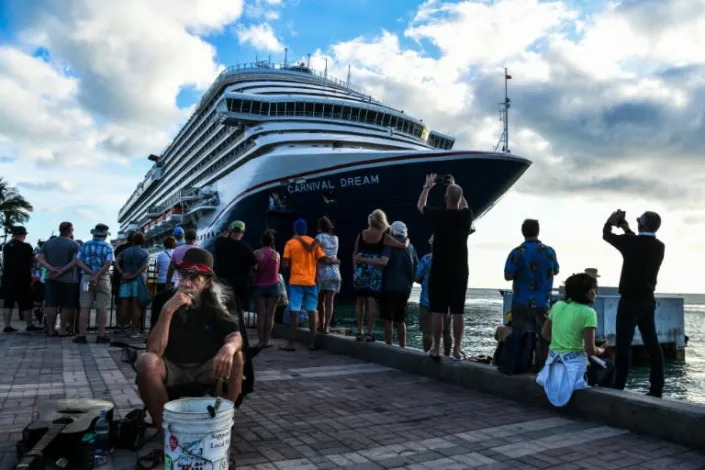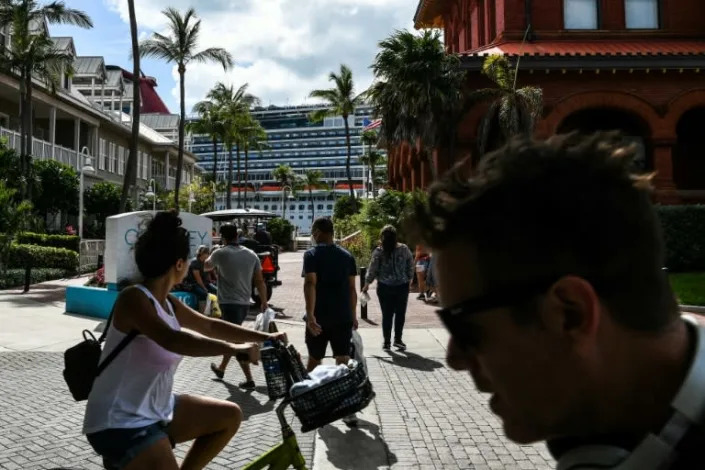They protect influential African leaders and their properties, secure foreign investments, and intervene in intra-African conflicts — usually without regard for losses.
Foreign private military companies are being deployed in more and more crisis-ridden countries in Africa.
But many mercenaries do not shy away from crimes and human rights violations, according to a recently published study by the Group for Research and Information on Peace and Security (GRIP), an independent research institute based in Brussels.
"Private military companies have increased their power and influence in many African countries over the past few years," Amandine Dusoulier, author of the GRIP study, told DW.
She warned that in some African countries, the [mercenary groups] had become a kind of state within a state, thereby threatening the countries' sovereignty.

Russian private security company Wagner Group has increased its presence in Africa
Shadowy mercenary missions
It is still difficult to estimate the number of private soldiers on the African continent. Many of these companies operate in the shadows, says Jade Andrzejewski of the French Observatory for International Relations, OERI. "There is no detailed information about private military companies operating internationally."
Andrzejewski told DW that the companies often operate unofficially and camouflage their activities.
The shadowy Russian mercenary group, Wagner, reportedly working in Libya, Mozambique, Sudan, the Central African Republic and Mali, is the main object of criticism.
Wherever Wagner mercenaries appear, they make negative headlines. But other private military and security companies — including those from the US and Europe — are also active in Africa and do not always take human rights seriously either, according to the GRIP study published in March 2022.

The US' Blackwater private security firm was accused of human rights violations in Iraq
UN concerns
Last September, a United Nations working group also expressed concern about "the increasing involvement of private military and security providers in humanitarian operations."
The UN group called for a "binding international legal framework" for private security companies.
In its report, the UN working group recalls human rights violations committed in the past by private military companies in various regions of the world.
For example, in 2007, guards from the US security firm Blackwater fired indiscriminately on Iraqi civilians and killed 14 people, including children.
These atrocities made international headlines. But similar atrocities are still being committed, including and especially in Africa, the UN working group said.
"In Africa, the activities of mercenaries continue to be a matter of serious concern," said United Nations Secretary-General António Guterres on the occasion of the working group's report.
The African Union Commission Chairman Moussa Faki Mahamat stressed that the fight against mercenaries must be seen in the context of promoting peace and security on the continent.
AU President Mahamat says mercenary groups must contribute to Africa's peace
Wagner, DAG, Asgaard & Co.
The list of accusations against private security companies is long: Mercenaries from the Russian Wagner Group have repeatedly committed serious human rights violations against civilians in the Central African Republic, among other places, according to the United Nations document.
The Dyck Advisory Group (DAG) is also in the pillory. The Mozambican government had hired the South African security firm to combat Al-Shabaab jihadist violence in Cabo Delgado in the north of the country.
The UN paper said that instead DAG operatives killed civilians indiscriminately in June 2020 and did not distinguish between civilian and military targets.
US companies CACI and Academi are among the most prominent private military companies present on the African continent, apart from Russia's Wagner Group.
In addition, the French company Secopex, Great Britain's Aegis Defence Services and G4S are also active in Africa. Others are Omega Consulting Group from Ukraine, South Africa's Dyck Advisory Group, and from Germany, Xeless.
Germany's mercenary involvement

OERI expert Andrzejewski says most mercenary companies hide their activities
Asgaard, another German private security company, recruits mainly former Bundeswehr soldiers and police officers for security duties. This company is mainly active in Sudan, Libya, Mauritania and Egypt.
The private security industry has a long history on the African continent, says GRIP researcher Dusoulier, whether in the Sahel, Mali, or the Central African Republic.
"This state of affairs is fostered by two factors: the weakness of government institutions in some countries and the continent's wealth of mineral resources," Dusoulier points out.
The OERI expert listed Angola, Sierra Leone, G5 Sahel nations, Sudan, Chad, the Democratic Republic of Congo, and CAR as some of the African countries that have resorted to the services of private mercenary forces in the past.
But criticism of using mercenaries in Africa is growing. At the African Union summit in early February, the AU commissioner for political affairs, peace, and security, Bankole Adeoye of Nigeria, called for the "complete exclusion of mercenaries from the African continent."
This article was translated from German.
Edited by: Chrispin Mwakideu




















